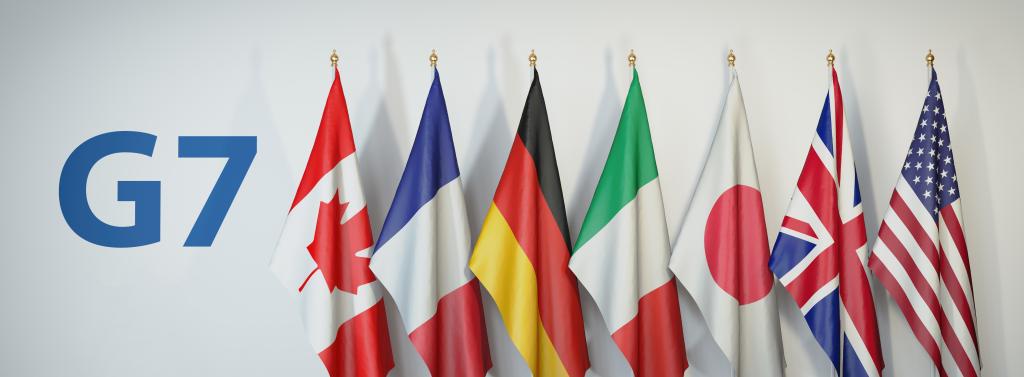Handling a collective interest. The G7 and the Euro-Atlantic club's Interaction with the rest of the World in the long 1980s
In Mattia Ravano's PhD thesis, the G7 is used as a prism to study the evolution of transatlantic relations between the mid-1970s and the early 1990s. More specifically, by studying the interaction between the G7 and the non-Western world – communist and developing countries.
The exogenous dimension of transatlantic relations made the collective interests that held the group together, against the multiple publicly advertised tensions, more explicit. Such a focus brought me to draw meaningful conclusions on the ideological construction and expansion of the so-called “neoliberal paradigm”. In particular, I worked on the structural roots of foreign economic policy, which emerge from the tension/alignment of, on the one side, economic nationalism and domestic politics and, on the other, the longer-term perspective of the geopolitical and geoeconomics trajectory proper to any country. This narrative also allows us to read the G7 as an effort made by both the US and the leading members of its sphere of influence, from the 1970s onwards, to provide American hegemony with an acceptable and sustainable face.


